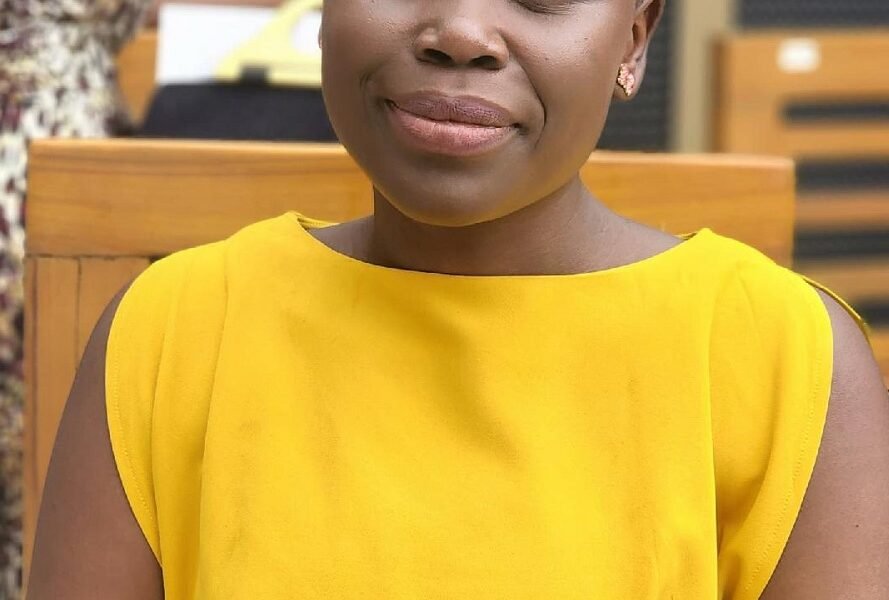News
Involve men in breast cancer conversations …Breast cancer advocate

Raisa
A Journalist and breast cancer advocate, Ms Raissa Sambou, has called for the inclusion of men in breast cancer conversations.
She said men play a crucial role in breast cancer conversations, not only because they can be affected by the disease themselves but also because they can help their partners detect early signs.
The inclusion of men in the conversation has dominated discussion on the disease during an ongoing door-to-door campaign to raise awareness on breast cancer in rural communities, focusing on both men and women who often lack access to healthcare information and treatment.
Ms Sambou, a breast cancer survivor, told The Spectator that her campaign aims to educate people in an underserved areas on early detection and prevention.
According to Ms Sambou, by encouraging and reminding women to perform regular self-breast examinations, men can support early detection, which is key to successful treatment.
“Unfortunately, there have been instances where men have distanced themselves from their wives or engaged in infidelity following breast cancer treatments, particularly when it involves the loss of a breast.
“Through education, these situations can be minimised, as men learn to be more empathetic and supportive, understanding the physical and emotional toll the disease takes on their partners,” she explained.
Educating men on these issues fosters stronger familial bonds and helps reduce stigma and misconceptions surrounding breast cancer.
“Men should not be excluded from breast cancer conversations because they can also be affected by the disease,” she said.
Additionally, she noted that when a woman is diagnosed with breast cancer, the entire family is impacted, hence the need for men to be educated on how they can provide emotional and practical support during such difficult times.
Through her initiative, dubbed ‘The Raissa Child Protection Initiative,’ the award winning journalist advocates for the wellbeing of children by empowering their parents to take better care of them.
“If parents are not healthy, they cannot care for their children,” she noted, stressing the importance of health in child protection efforts.
She revealed that the campaign, which began in Tomefa, a fishing community in the Ga South Municipality, also seeks to dispel the misconceptions surrounding breast cancer in rural areas, where fear and stigma often prevent early treatment.
Ms Sambou states that the initiative was to expand to parts of the Eastern and Central regions, with the goal of improving awareness and saving lives in areas where access to healthcare is limited.
She also underscored the importance of adopting a preventive approach to managing chronic health issues, especially given the limited resources at many healthcare facilities in Ghana.
She also expressed concern that rural residents often have to travel long distances across regions to access basic medical services like mammograms and CT scans.
This, Ms Sambou noted, contributes to the high number of undiagnosed cancers and late-stage diagnoses, which severely impact treatment outcomes.
She further lamented that even in cases of early detection, the lack of adequate cancer treatment equipment in the country often hampers patient survival.
At the Korle Bu Teaching Hospital, the nation’s largest referral centre, she explained that only two radiotherapy machines serve hundreds of patients, forcing many to wait for months before receiving treatment.
“My campaign is not only focused on awareness but also on advocacy for improved healthcare infrastructure, especially in rural communities, to ensure that early detection leads to timely and effective treatment,” she added.
By Jemima Esinam Kuatsinu